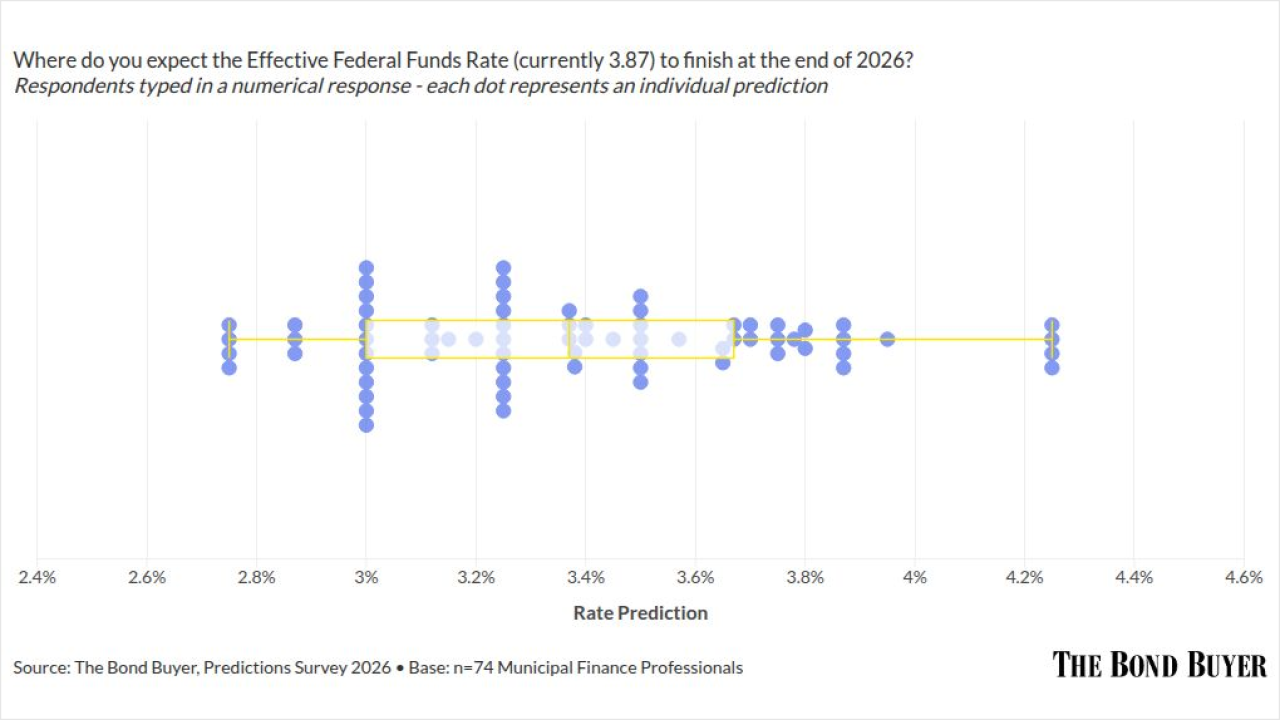Federal government aid will be crucial as municipalities begin to reopen their economies amid concerns of a second wave of coronavirus infections and possibly increased unemployment as governments make spending cuts.
In a webinar hosted by the Volcker Alliance and Penn Institute for Urban Research on Thursday, economists emphasized that though states and local governments have received $150 billion in COVID-19 related funding, they will need another round of fiscal rescue.
The current recession is over, said Mark Zandi, chief economist at Moody’s Analytics, but that doesn’t mean the need for federal help is. A recession is marked by a fall in GDP for two successive quarters. Economic groups have echoed that
“We’ve gotten a lot so far and policymakers have done a good job in providing that support, but their job is not done, even though the recession is over,” Zandi said. “That is predicated on the assumption that they will come up with another package of support.”

If they don’t act, governments will continue to lay off workers and they could go back into a recession, even without a second wave and could even bring a depression, Zandi said.
“If we’re in a world of double-digit unemployment for more than a couple of years, that is a depression and that is the likely prospect if we don’t get additional help from federal policymakers, very, very quickly over the next couple of months,” Zandi said.
Another 1.5 million Americans filed for unemployment insurance this past week, according to the U.S. Department of Labor as of Thursday.
According to
“It does look like we’re going to have another serious bout,” Zandi said. Zandi is assuming that it won’t lead to another round of widespread business shutdowns or cause consumers to not go out and buy, but that is a significant assumption.
State and local governments will have a budget shortfall of $500 billion for fiscal year 2022, Zandi said, which the federal government will need to help fill in.
States are worried about timing, said Dan Smith, associate professor of public policy and administration and director of the Master of Public Administration at the University of Delaware.
“In varying degrees they (states) either hoped or relied on a phase four relief package more directly to state and local governments,” Smith said.
“Some were hoping, some were outright planning on phase four,” Smith added.
To compensate, state and local governments are cutting spending, increasing taxes and borrowing, Smith said.
“Traditionally in the state and local context, you only borrow to get hard long-term assets in exchange for it,” Smith said. “You would not borrow to get through the fiscal year.”
The pandemic highlights a need for state and local governments to have more diversity in revenue sources, said Juliette Tennert, chief economist at the University of Utah and former Utah state budget director and chief economist.
“This situation is a really good example of the need for that,” Tenner said. “So those places with more diverse revenue sources between income sales tax, other types of revenue sources are a bit better positioned to deal with some of these things.”
The Coronavirus Aid, Relief and Economic Security Act, or CARES Act gave $150 billion to state and local governments and was signed into law in late March. Late last month, Sen. Mitch McConnell, R- Ky., and Senate majority leader said Congress would decide whether to pass a final COVID-19 relief package in the coming weeks.
The federal government’s momentum in helping with municipalities’ recovering is not sufficient, said Susan Wachter, co-director of Penn IUR, reiterating Zandi’s points.
“The funding that is supporting is coming from the government and the recovery we see right now is reliant on that support,” Wachter said.





